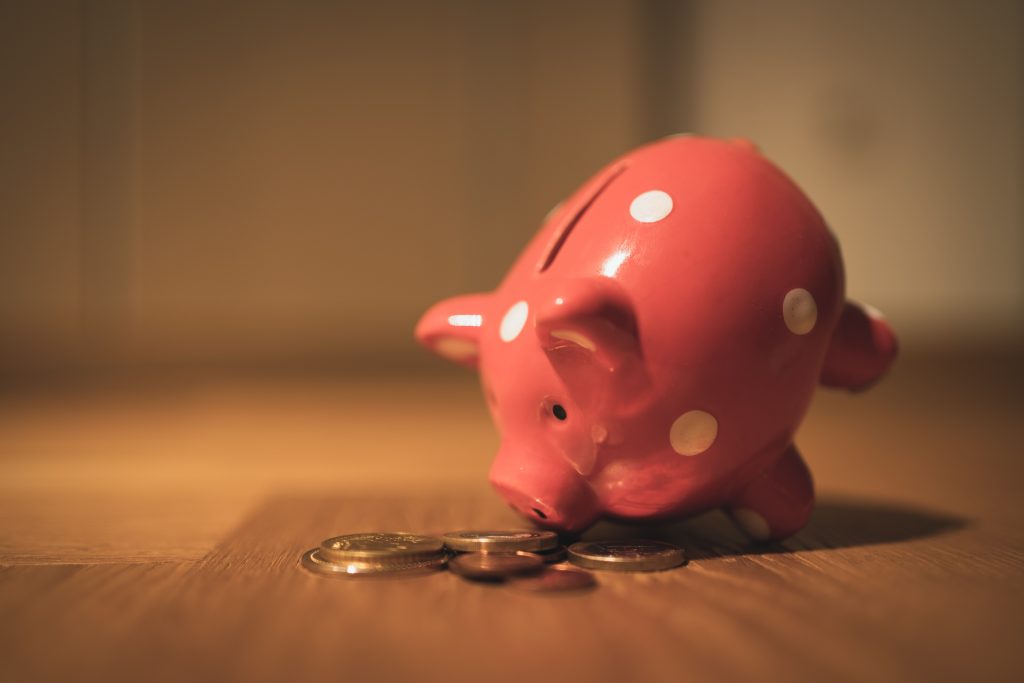The US Economy Has Been Remarkably Resilient, But It’s About To Take A Turn For The Worse?
The US economy's resiliency means interest rates will continue to rise, which could potentially cause the economy to go into severe decline.
This article is more than 2 years old

Despite facing the worst financial odds in decades, the US economy has been surprisingly resilient. The financial sector has defied recession predictions from consumer spending to inflation for over a year. Although the country has endured massive interest rate hikes and a severe labor shortage, this might not be good news.
According to Federal Reserve Chairman Jerome Powell, the thriving US economy means interest rates will rise further. “The latest data suggests that the ultimate level of interest rates is likely to be higher than previously anticipated,” he told lawmakers via CNN Business. The Fed is prepared to ramp up its response if the information indicates that faster tightening is warranted.
The Federal Reserve will keep increasing interest rates until spending cools down. But this type of aggressive action could slow the economy so much that folks lose their jobs. The housing market will also stall as the lending rates surge for millions of people. While it may seem counterproductive, the move is necessary to keep the US economy stable.
The news comes due to the resilience of the American job market. Despite concerns surrounding the US economy, there are approximately two jobs for every employment seeker. The unemployment rate is also its lowest figure in 54 years at 3.4 percent. That means people are enjoying incredible wage growth. But that trend feeds inflation.
People having jobs with a steady income are an unequivocally good thing. But the problem arises when folks in a select few industries hike up interest rates for blue-collar workers. This was evidenced by a heated exchange at a recent Senate Banking Committee hearing when Senator Elizabeth Warren accused the Federal Reserve of weakening the US job market to achieve its inflation and economic goals.
“If you could speak directly to the two million hardworking people who have decent jobs today, who you’re planning to get fired over the next year, what would you say to them?” Warren asked Powell via CNN Business. The Chairman responded logically, saying that inflation is very high, which is hurting people and the US economy.
“All of them, not just two million, are suffering from high inflation. And we are taking the only measures we have to bring inflation down,” Powell said about the US economy. By the financial agency’s own estimate, higher interest rates could lead to unemployment in the four percent range. This would put millions of people out of work.
The next few weeks will be a crucial test for the US economy. The good news is that economists are no longer certain that recession is on the horizon. Goldman Sachs cut the odds over the next 12 months to 25 percent from 35 percent, according to Bank Rate. Additionally, a poll by the National Association of Business Economics reduces its odds to 56 percent from 64 percent.
But for Federal Reserve, which is hoping the US economy will cool down without crashing into a recession, the slew of stronger-than-expected economic data is raising a new concern. What if the country’s financial agency can’t curb consumer spending at all?









